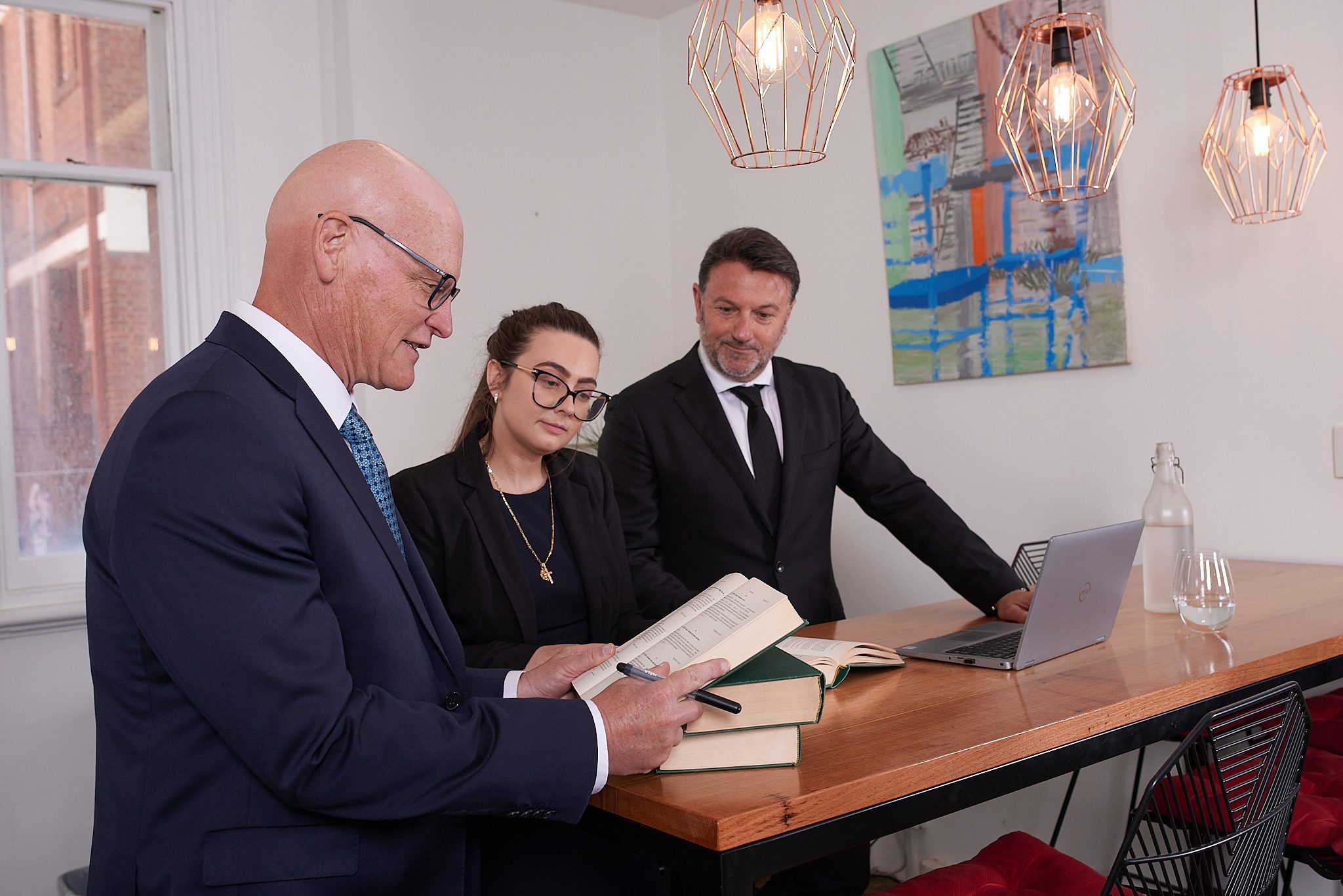Shared Parenting Arrangements
On this page
If you and your partner have separated and you have children, you may need to create a shared parenting arrangement (aka a shared care arrangement). While this can be done between yourselves, you might also need the assistance of a third party – especially if you cannot agree. At Culshaw Bishop Lawyers, our team of family dispute resolution lawyers are experienced in assisting separated couples in amicably resolving their parenting disputes.
What are the most common child custody arrangements?
The law supports a meaningful relationship between both parents and the need to protect the child from psychological and physical harm. In most cases, the shared parenting arrangements will be based on what is most beneficial for the child. However, there are three commonly used arrangements that can benefit both the parents’ and child’s needs and lifestyles. Our team of family lawyers can work with you to come up with a child custody arrangement that suits your circumstances.
2-2-3 Arrangement:
This arrangement is suitable for younger children.
- Monday & Tuesday: Parent 1
- Wednesday & Thursday: Parent 2
- Friday to Sunday: Parent 1
- Monday & Tuesday: Parent 2
- Wednesday & Thursday: Parent 1
- Friday to Sunday: Parent 2
2-2-5 Arrangement:
This arrangement is suitable for middle and high school children who have busier schedules and extracurricular activities.
- Monday & Tuesday: Parent 1
- Wednesday & Thursday: Parent 2
- Friday to Sunday: Parent 1
- Monday & Tuesday: Parent 1
- Wednesday & Thursday: Parent 2
- Friday to Sunday: Parent 2
One week on, one week off:
This arrangement is suitable for older children who prefer an uncomplicated weekly schedule.
- Monday to Sunday: Parent 1
- Monday to Sunday: Parent 2
At what age can a child choose which parent to live with?
There is no fixed age in Australia that determines whether a child has autonomy to choose which parent they wish to live with. When reaching a decision on the parenting arrangement, the Court may give weight to the child’s wishes based on the following considerations:
- The child’s level of maturity;
- The child’s insight;
- The child’s understanding of the situation and
- Whether the child’s wishes are well informed


